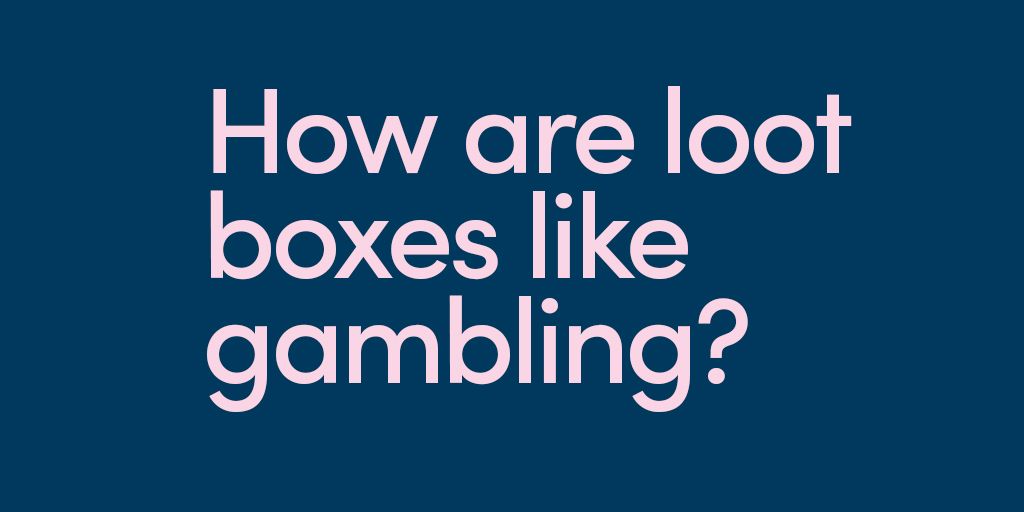Are Online Loot Boxes a Form of Gambling?

Loot Boxes have suddenly become popular in the United Kingdom. This video game feature that gives players access to virtual awards upon paying a small fee is now a source of worry to lawmakers. Legislators are reassessing the facts to verify if it could cause compulsive gambling before regulating it. This post defines online loot boxes and the recent opinions in the United Kingdom regarding their consideration as a form of gambling.
What are the Online Loot Boxes?

Loot boxes are random features inbuilt in popular video games requiring players to pay a small charge of either actual money or virtual money to get random access to assorted virtual gifts.
The developers added them to widely played games like Star Wars, Fortnite, Overwatch, and the FIFA license.
How do Loot Boxes work in Different Games?

You must purchase loot boxes added in the games with actual or virtual money to receive various random frivolous awards like outfits for the game characters or baseball cards.
Gamer’s purchase of these various virtual awards does not give them an advantage during gameplay. Several games provide players the opportunity to convert gifts among themselves into real money. The procedure of converting those virtual prizes into physical currency is called “microtransactions.”
In 2018, a report revealed game and app makers made over $30 billion from microtransactions, which could rise to $50 billion by 2022. Findings show that over 70% of games downloaded from Steam, a trendy platform for games, had loot boxes.
Arguments for the Classification of Loot Boxes as Gambling

There is an increasing argument for recognizing loot boxes in the UK as gambling. The House of Lord’s reports about gambling problems declares that there are 55,000 problematic gamblers between 11 and 15 years of age. The House of Commons Digital Culture Media and Sport committee proposes a law to make loot boxes inaccessible to stop children from buying them.
Lawmakers rely on a psychologist’s statement suggesting a link between paying actual cash for loot boxes and habitual gambling, which affirmed that payment for loot boxes could be an entry into gambling. He argued that compulsive gambling occurs due to the wild expenditure on gambling. Since players pay physical money for these valueless awards, they might start spending unduly on loot boxes.
A study by the UK Gambling Commission in 2018 discovered that 31% of kids of 11 to 16 years of age paid-for loot boxes. Today, in Belgium, loot boxes are considered as gambling, and video game makers had to withdraw them from the market or acquire a betting license.
Arguments Against Classifying Loot Boxes as Gambling

Opposing arguments say that loot boxes do not cause gambling problems. They claim that the rewards in it only attracted people who enjoyed gambling. Stating that since there are no concrete proofs but mere conjectures, it would not be right to categorize loot boxes as gambling. Doing that would ban children from games like Fortnite and FIFA that was created for children under 18.
Also, those that want them reclassified as gambling must provide irrefutable proof, listing what makes them harmful so that the developers will remove them. They suggest that the video game industry leads in this investigation to remove any confusion by collaborating with the government. This will eventually avert any adverse law that might ruin the video game industry.